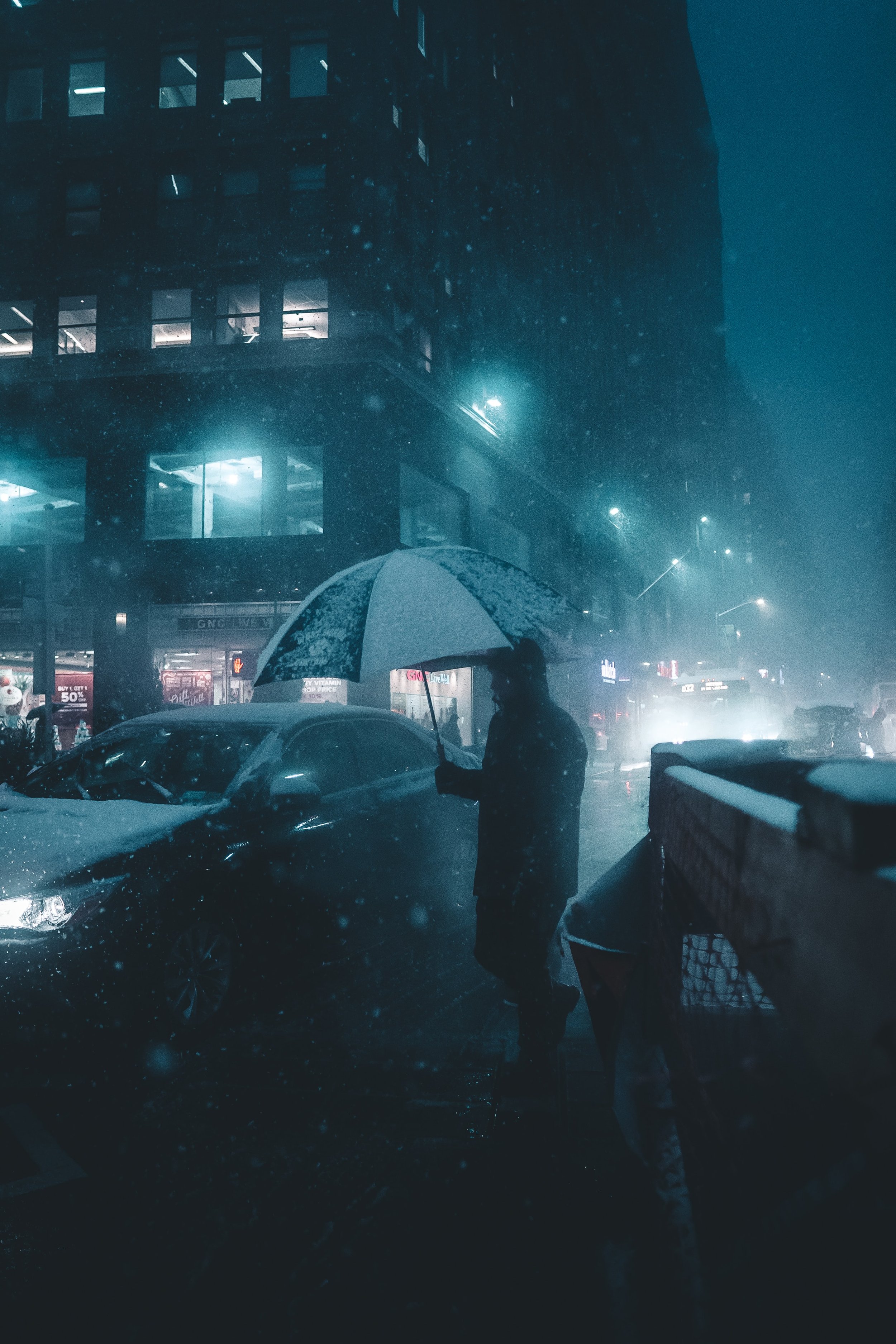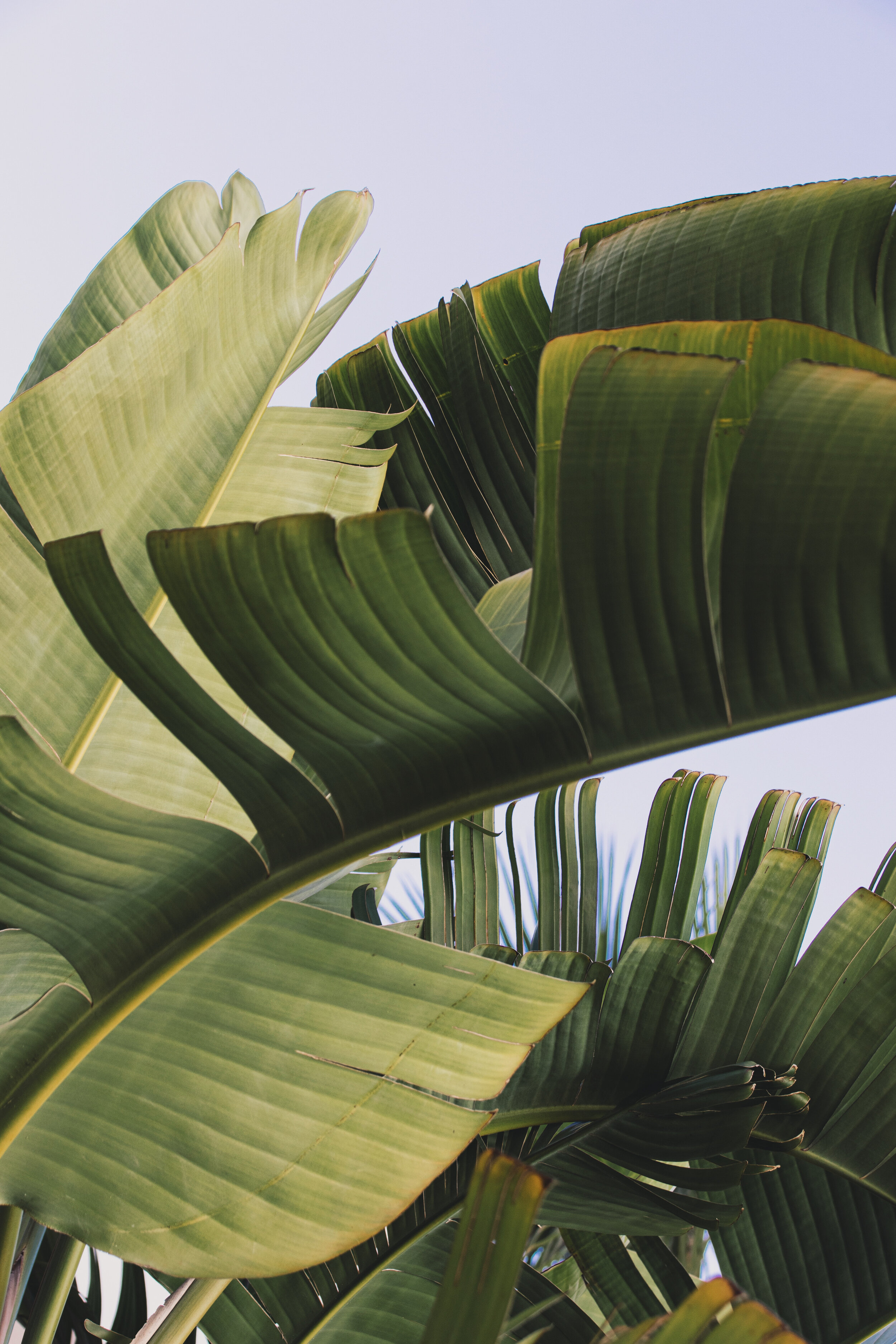Deep Night, Dark Night

Deep Night, Dark Night
Joe Plicka
It is never dark.
Even where I live, on the countryside of a remote island, it is never dark like it used to be. By “used to be” I mean historically, back in the day, like a few hundred years ago, before artificial (electric) light was invented.
I have a few fervid memories of darkness—real darkness—not your run-of-the-mill crepuscule, your walking-to-your-car-at-midnight murkiness or room draped in shadows. I’m talking the unstoppable, unavoidable kind of pitch-black outright removal of light that, at least for a moment, takes your breath away.
Once, I woke up with my head at the bottom of my bed, pinned under the heavy wool blanket my mother single-mindedly tucked under the mattress to hold me in place. (I was around three, recently graduated from a crib to a big-boy bed with no guard rails, and she didn’t want me just willy-nilly rolling off the edge and plummeting two plus feet down to the ratty carpet. Her instincts were right; that night I waggled and flailed and turned myself around a full 180 degrees.) Of course, age-wise I was at the threshold of a human being’s ability to make lasting memories—recent studies indicate that people’s earliest memories date back, on average, to when they were two and a half years old. And yes, my parents have told me the story several times. But I do, I assure you, remember this: darkness. I woke to a darkness so sudden and so thick I lost all reference, all sense of time and place. I didn’t have the language to describe it then, but I can still feel it now. It felt like oblivion. Eventually, I screamed.
These days, I lay in my bed and watch the adumbrations of palm fronds wave on the ceiling, projected there by my neighbor’s porch lights. A cat triggers our motion-activated flood bulb outside and the room brightens even more. I walk downstairs but there’s no need to flip a switch, I can move about just fine by the gossamer glow of digital clocks, blinking modems, and gadgets in standby mode.
*
It used to be dark.
As a younger man, sitting on the couch watching golf and eating kumquats with my grandparents at their house in Del Mar, California, I mindlessly picked up a nearby magazine which turned out to be the January 2001 issue of Smithsonian (my grandparents were worldly like that), and which contains an article that I still think about, twenty years later, all the time.
It features a historian, Roger Ekirch, who was just starting to publish his research about nighttime and sleep in preindustrial societies. The title, “When Bandogs Howle and Spirits Walk,” is a reference to Shakespeare’s Henry IV Part 2, wherein the conjurer Bolingbroke tells the power-hungry Duchess about the best time for summoning spirits:
“Patience, good lady; wizards know their times. / Deep night, dark night, the silent of the night, / The time of night when Troy was set on fire, / The time when screech-owls cry and bandogs howl, / And spirits walk, and ghosts break up their graves, / That time best fits the work we have in hand.”
Ekirch’s work kind of boils down to this: there is old night and there is new night. Old night, ancient night, medieval night, Shakespearean night, is what people experienced before humans harnessed, first, the warm radiant power of natural gas and, later, the world-warping power of electrical currents. In the old night, darkness truly descended, almost like a weather pattern (or a heavy wool blanket), forcing (thankfully, for many) a clear end to the workday (with exceptions: ragpickers, night soil [or, poop] collectors, prostitutes, bakers and others who made their livings in the dark). It drove people into their homes, away from dangers both mortal and supernatural, where they stayed locked up and wrapped up and huddled up (literally, beds were expensive and ofttimes accommodated not only the whole family, but sometimes guests as well) until daybreak.
Moonless nights, in particular, were perilous. To leave your house was to risk accidents, robbers, and violence, not to mention run-ins with witches, fairies, or malignant spirits. People fell into ditches and off bridges, drowned in rivers and ponds—all “extraordinarily common,” says Ekirch. People painted their doorknobs white, set out piles of light-colored soil, and stripped the bark off of trees, all to help them orient and guide themselves in the dark. Nighttime robbery and vandalism were so common in some European cities that authorities strung chains across the streets at night, at around waist height, to keep ne’er-do-wells from running wild. In 14th-century Paris, people were told to turn their house keys in to a magistrate each night and forbidden from leaving or entering homes without a good reason. Also from Ekirch, via Smithsonian: “In one English parish, Lamplaugh, out of 52 premature deaths from 1650 to 1663, four people were ‘frighted to death by fairies,’ seven were ‘bewitched,’ and one was ‘led into a horse pond by a will of the wisp.’”
And then there was the one nighttime terror pre-modern city dwellers feared above all else: fire. If you could afford extra candles, lamp oil, or even firewood—and not everyone could—you also found yourself at increased risk of conflagration. Some governments made laws compelling citizens to put out their cooking fires after dinner, in the name of public safety.
With all these hazards and uncertainties, is it any wonder that many feared the old night? Or that some believed and felt darkness to be an actual substance, altogether distinct from light and not merely the absence of it? Something harmful or even diseased. Something people tried to protect themselves from by wearing nightcaps or drawing bed curtains around themselves. Ekirch tells of Samuel Pepys, 17th-century London writer, who experimented with tying himself to his bed so he wouldn’t breach the curtains and expose himself to the noxious draft of midnight.
I think the reason Ekirch’s work has stayed with me all these years is this: as a child of the new night, I am fascinated by the dark. Because I, like most of us, live practically ad infinitum in the light—16 to 18 blazing hours of it, or more, out of every 24, year-round, whether naturally occurring or artificially extended. We have achieved what our ancestors never even dreamed of, a perpetual day punctuated by brief periods of (planned, optional) semi-darkness.
We are not completely free from the night, naturally, which is still a time for more sleeping and less traveling, a better time for crime and unauthorized public art installations. But we don’t fear night anymore. Not really. Not compared to old times. We optimize it. We fly through it. We control it.
*
I especially think about Ekirch and old night in December, the darkest month of the year (in the Northern Hemisphere anyway) and the repository of Christmas glory.
In my home country, the U.S.A., we always seem to be worrying about the “true meaning” of Christmas, paired with a zealous need to reproduce and disseminate our culturally profitable version of it. Hallmark is airing forty-one—41!—brand-new Christmas movies this year (the Hallmark Channel’s “Countdown to Christmas” started on October 22). We Americans love to learn, over and over again, that Christmas is about giving, about finding love, about holding onto hope, about community and, of course, about miracles (not to mention that the true meaning of Christmas seems most easily found in small towns where businesses are failing and there are many widows/widowers).
Hallmark is not wrong, of course, and neither is Santa or Rudolph or Frosty or Master Po (Dreamworks’ Kung Fu Panda Holiday is my favorite contemporary Christmas special). The Christmas Spirit, as we call it, is real. I can feel it.
But it can be a lot, all this giving and loving and hoping and waiting for miracles. It’s a lot to take in. A lot to expect and experience and manage. Even the Spirit of the Season can start to feel, for some, like just another privilege for the healthy and wealthy, a fashionable winter accoutrement.
And so, when times are tough, we have the abridged version, the CliffsNotes Christmas which, I think, is this: in the darkness shines a light. I am not breaking new ground here. We are familiar with this imagery: winter solstice, the longest nights of the year, God’s gift to us, the Son, saying I am the light of the world, all of that, of course, we know.
But what is the light without the dark?
And, what if the dark isn’t what it used to be?
I can go into the woods on the darkest evening of the year, a la Robert Frost’s rider. I can visit certified Dark Sky Sanctuaries around the world. I can go into my closet and shut the door, put a blanket over my head. But I can’t go back in time, to old night, or become a new creature, bound to darkness by blood and still at the mercy of clouds and seasons and lunar cycles. I cannot hear the words of Jesus—I am the light of the world. Whoever follows me will not walk in darkness, but have the light of life—and really, fully marvel in my bones at that promise from a man to harness, for me personally, the power of celestial fire, because I live in an age where light reigns supreme, and night and day people forge their steel and turn their wheels and burrow into the earth and eat and drink and run and play and live and die under the glare of a billion lights they fashioned with their own hands.
But still, I close my eyes and try to imagine. To reinvent for myself a darkness primal and fearsome. And restful. A dark night like The Night, so quiet and deep, when angels appeared in incandescent splendor to a ragged clump of herders sleeping on the ground with their sheep, and the only thing they could remotely compare it to was the sun itself. A brilliance billowing in their Cimmerian field. A miracle.
O Holy Night. Custodian of darkness. Definer of days. Ruler of the vast spaces between stars and planets. Cover me with your cool pavilion. Let me tread gently in the waters of your oblivion. Teach me stillness and trust. You are the fertile ground where hopes are planted. The womb that nourishes and shapes the light. The passageway between mortality and eternity. The portal for Grace, made flesh, born to us this Holy Day.
Joe Plicka
Writer & Teacher
Joe has been published in Booth and Hobart
Photography by Andre Benz




